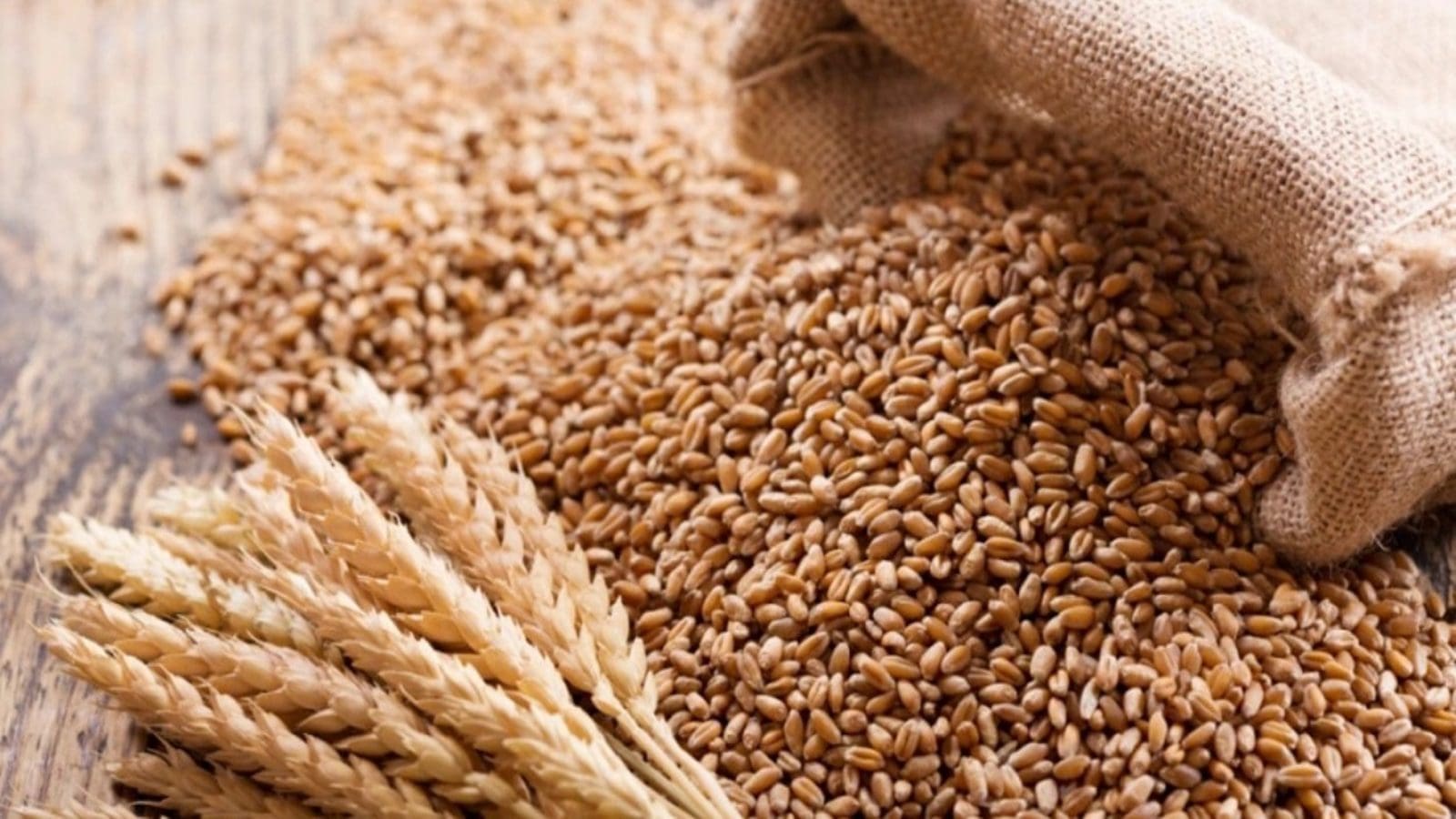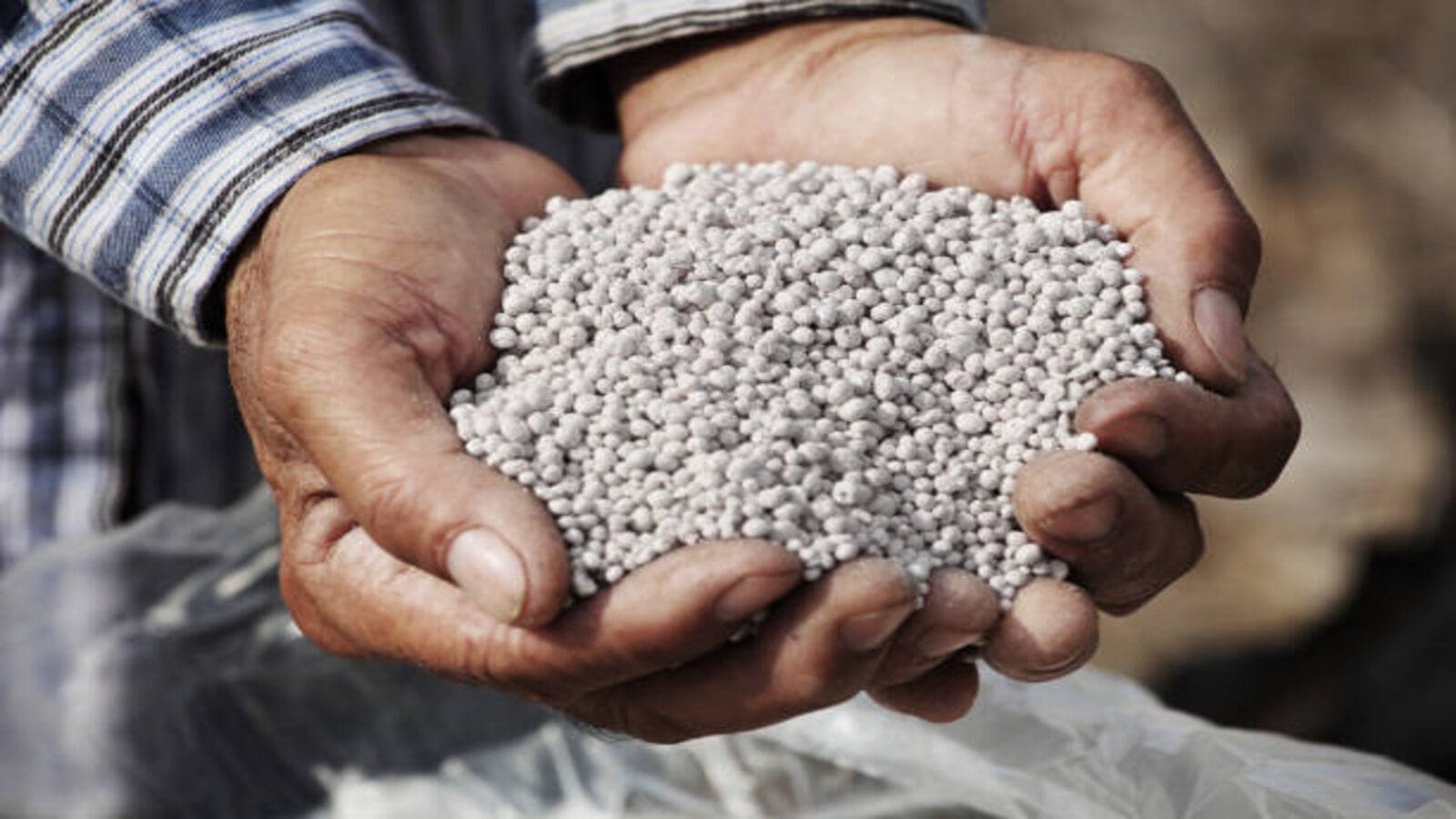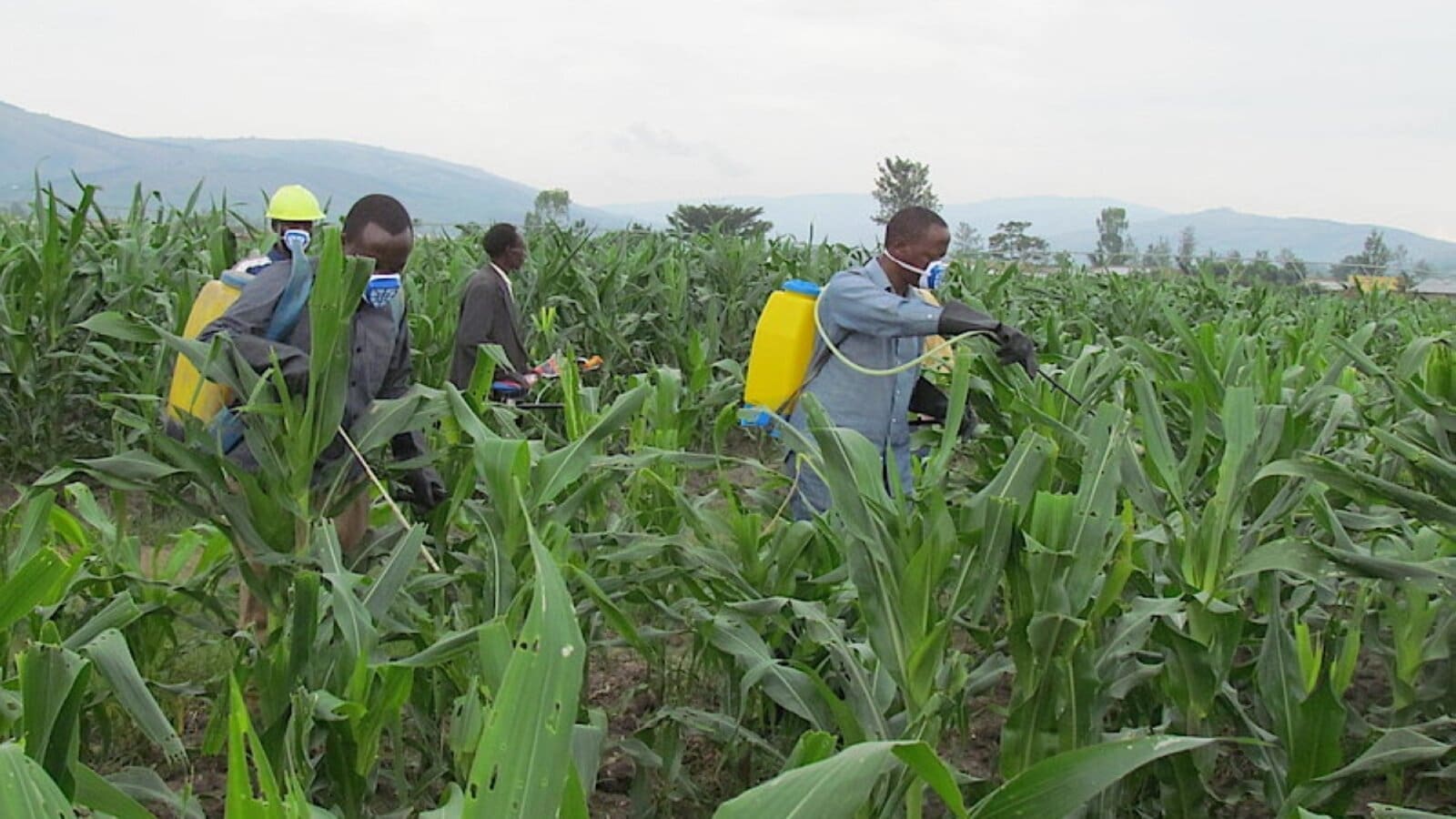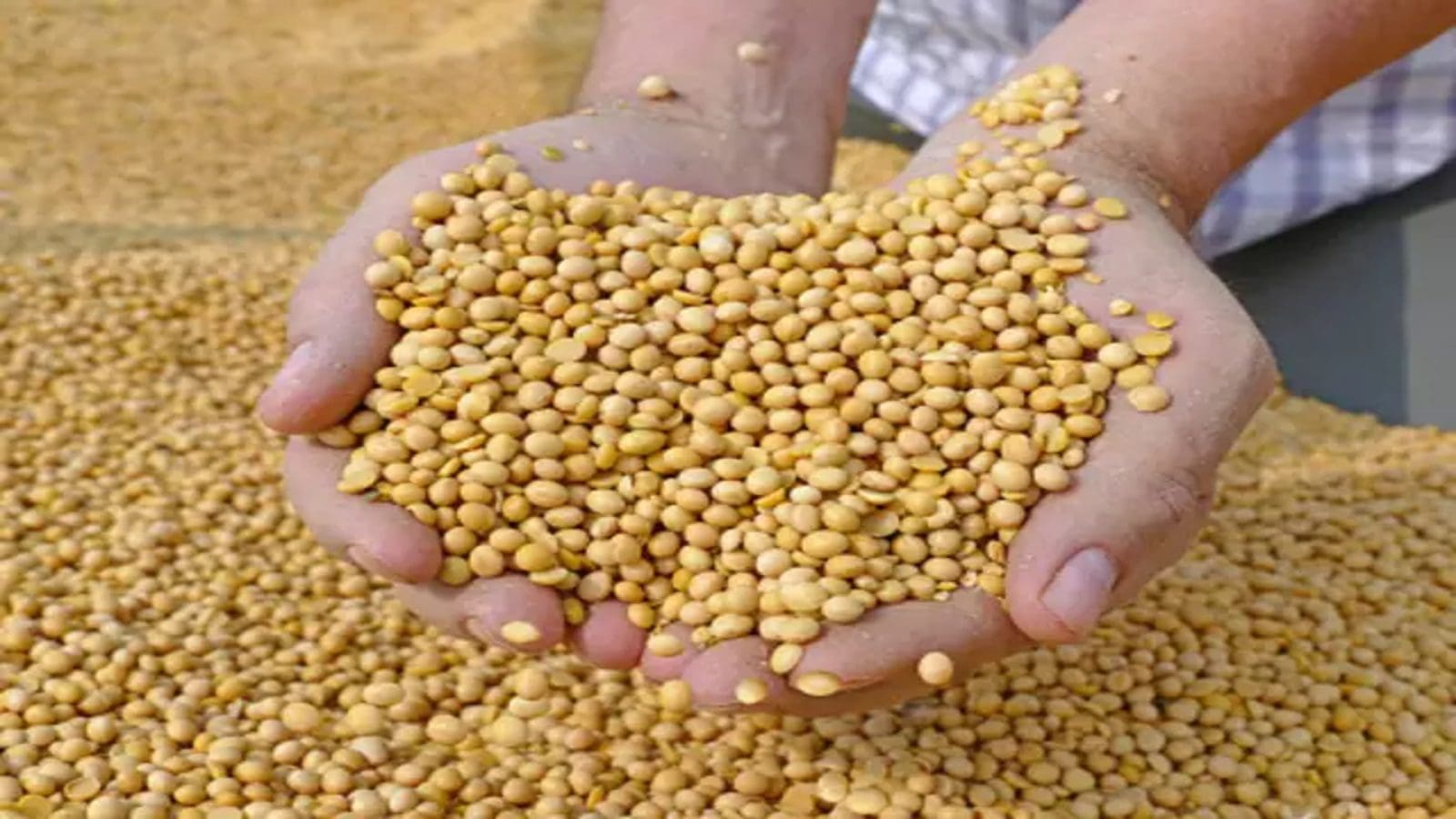MOROCCO – The European Commission report has highlighted that Morocco remains the largest importer of wheat from the EU for the 2022/2023 agricultural campaign, the Morocco World News has reported.
According to the report, in the course of the first four months of 2023, Morocco has imported over 4 million tonnes of wheat, up from 1.4 million tonnes a year earlier.
This comes as a result of the country experiencing a sharp decline in wheat supplies from Eastern Europe and suffering from a severe drought in 2022, which devastated Morocco’s agricultural output.
The 2022 drought was the worst to hit the country in over thirty years and resulted in a 70% loss of annual crop production. Given that grains, particularly wheat, are a staple in the Moroccan diet, the drought has only served to deepen the country’s reliance on wheat imports.
In addition, the Russia-Ukraine war adversely affected wheat imports prompting the North African countries to diversify to the EU as imports from Russia and Ukraine were riddled with financial and logistical risks.
According to the report, the EU exported close to 16% of its wheat harvest to the North African country by the end of April 2023, up from 6.1% the previous year.
In Morocco, the sharp increase in imports highlights the devastating impact of the drought on the country’s agriculture sector and underscores the urgent need for Morocco to diversify its food supply sources.
However, with improvement in weather conditions compared to the agricultural campaign for 2022., the Ministry of Agriculture announced that cereal production is expected to rise by 62% in 2023.
According to the ministry, cereal production is expected to reach approximately 55.1 million quintals, up from 34 million quintals in the previous agriculture campaign adding that rainfall has registered a significant increase from last year, with a cumulative rainfall level of 207 millimeters, 13% up from last year’s 184 millimeters.
Algeria was the second largest importer of wheat over the same period, with 3.6 million tonnes, making up 14% of the bloc’s harvest, the report indicates.
In third place is Nigeria with 2.2 million tonnes of wheat, and Egypt with 1.6 million tonnes
The report further shows that France remained the biggest EU soft wheat exporter this season, with 9.16 million tonnes, followed by Romania with 3.49 million, Germany with 3.12 million, Poland with 2.54 million, and Lithuania with 2.26 million.
For all the latest grains industry news from Africa, the Middle East and the World, subscribe to our weekly NEWSLETTERS, follow us on LinkedIn and subscribe to our YouTube channel










